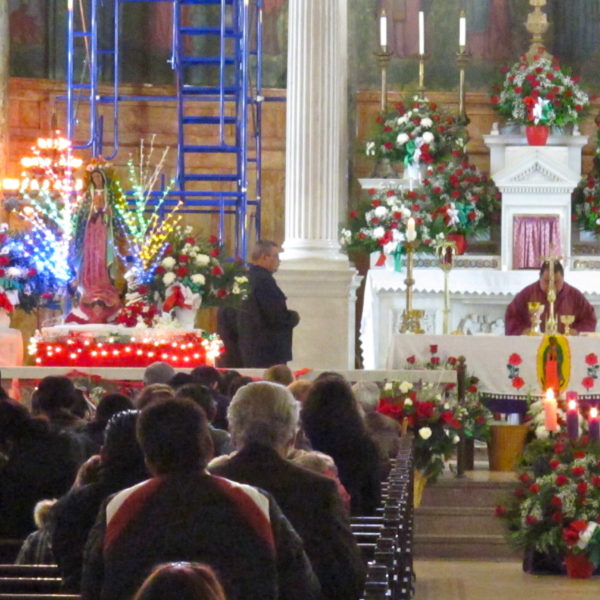Under the pretense of talking about pirate theology, Peter Rollins, Kester Brewer and Barry Taylor gathered to discuss “radical theology” at Fuller this month. Rollins, in particular, analyzed the intersection between psychoanalysis and theology, arguing that Christians need to experience doubt like Jesus on the cross, asking God, the father, “My God, my God, why have you forsaken me?” After much contrived discussion, the panelists concluded that radical theology will lead to the death of Christianity as a religion in order that a new manifestation of Jesus-following might emerge. While I sympathize with Rollins and co.’s intentions, I am not certain how radical theology’s psychoanalytic approach relates to non-western contexts. Moreover, their assessment of radical theology’s (read: Emergent Church) role in church history falls victim to the same dialectical trap that Rollins critiques in his work…

The original unifying function of liturgy becomes lost if we begin to dehistoricize liturgy by shopping among the traditions. Like consumerist postmodern culture, the Emergent Church shops among traditions for forms of spirituality that are useful and pleasurable and incorporates them into general western, melange of religious items….
